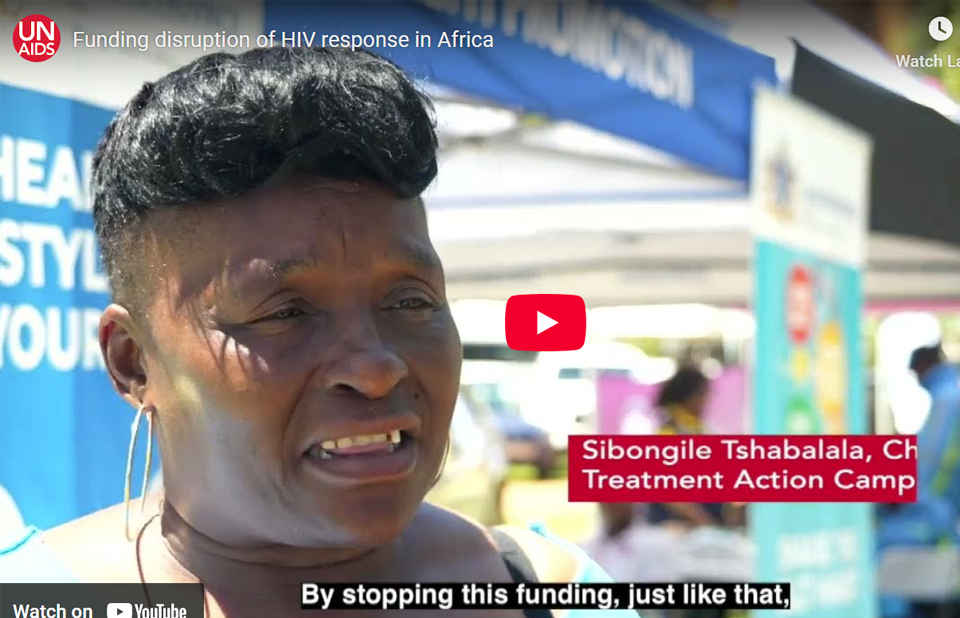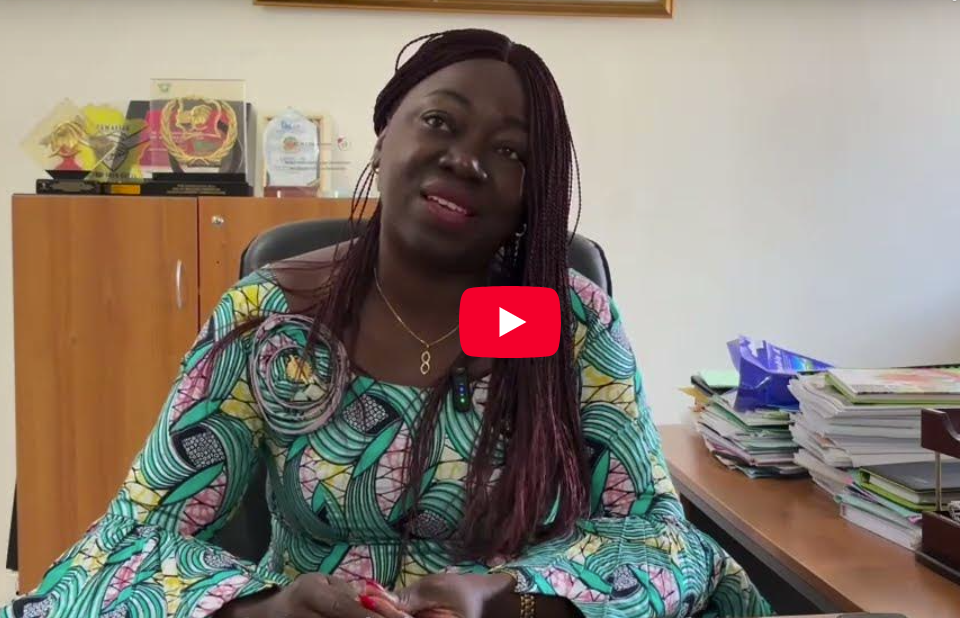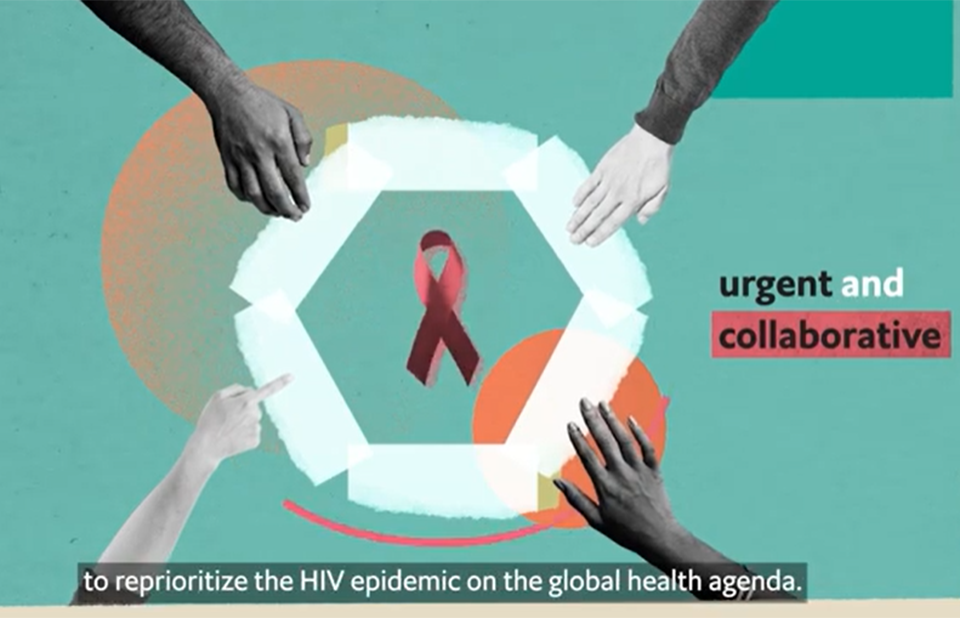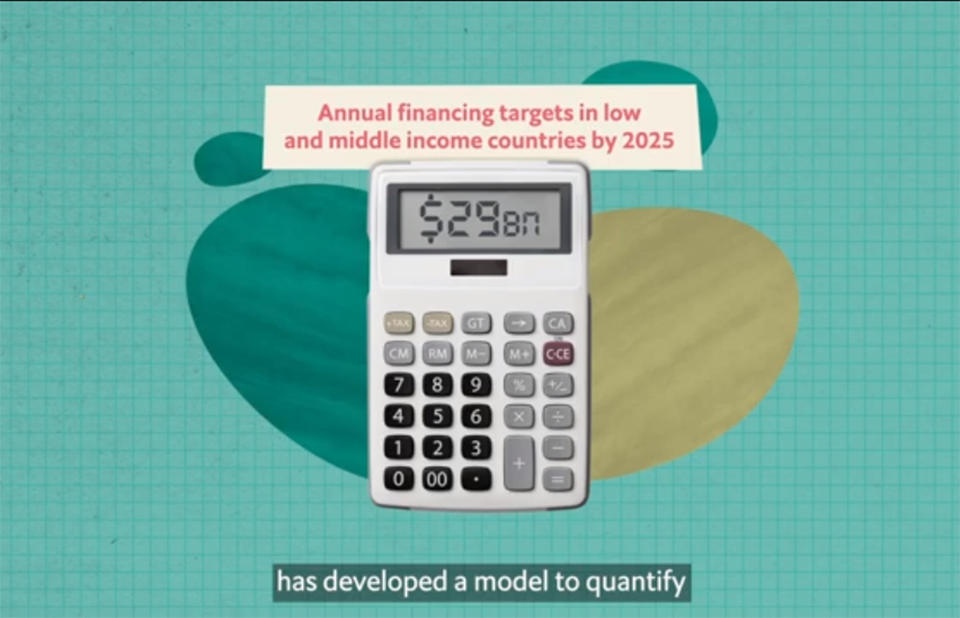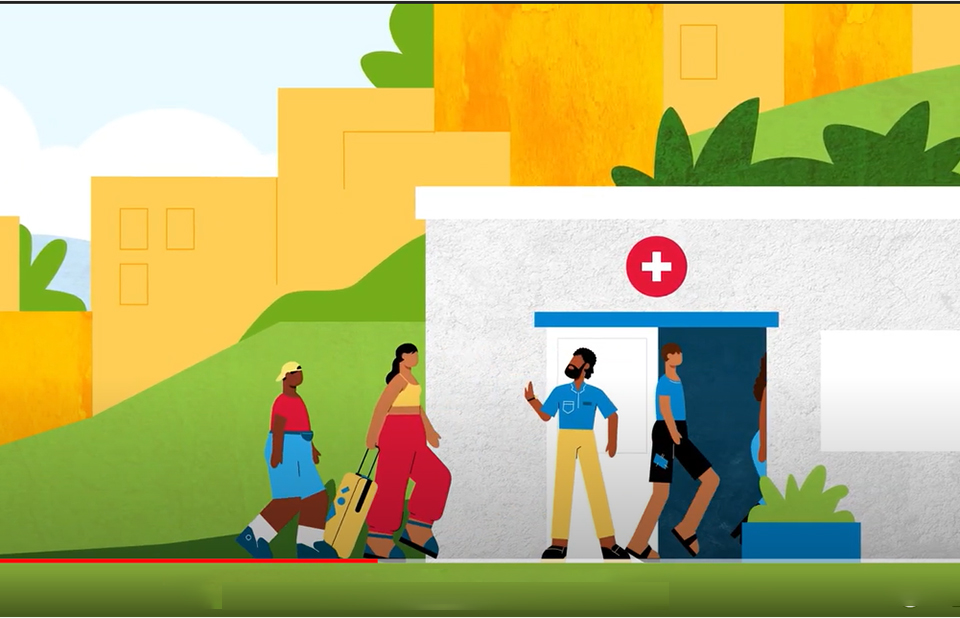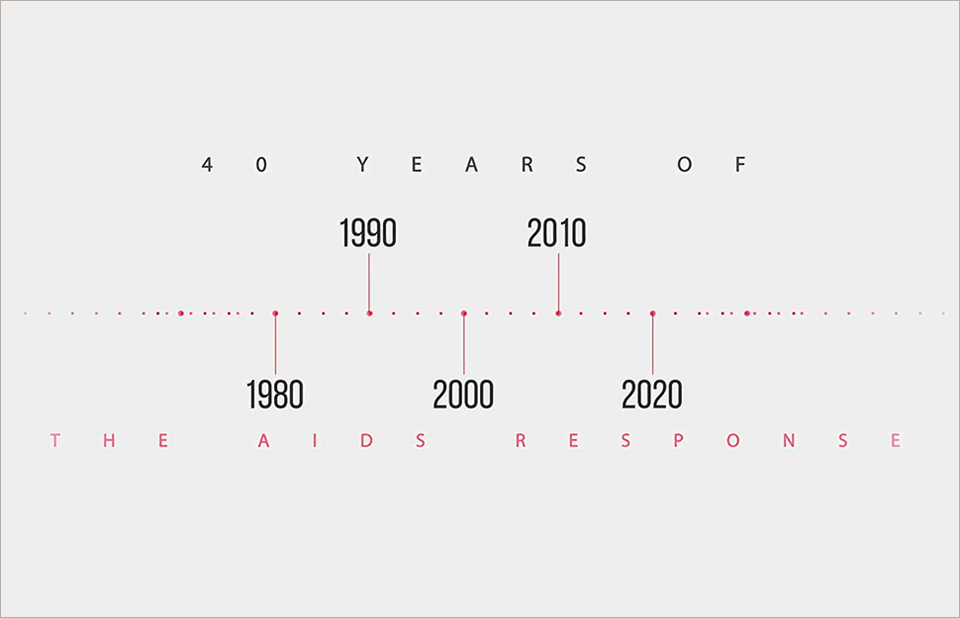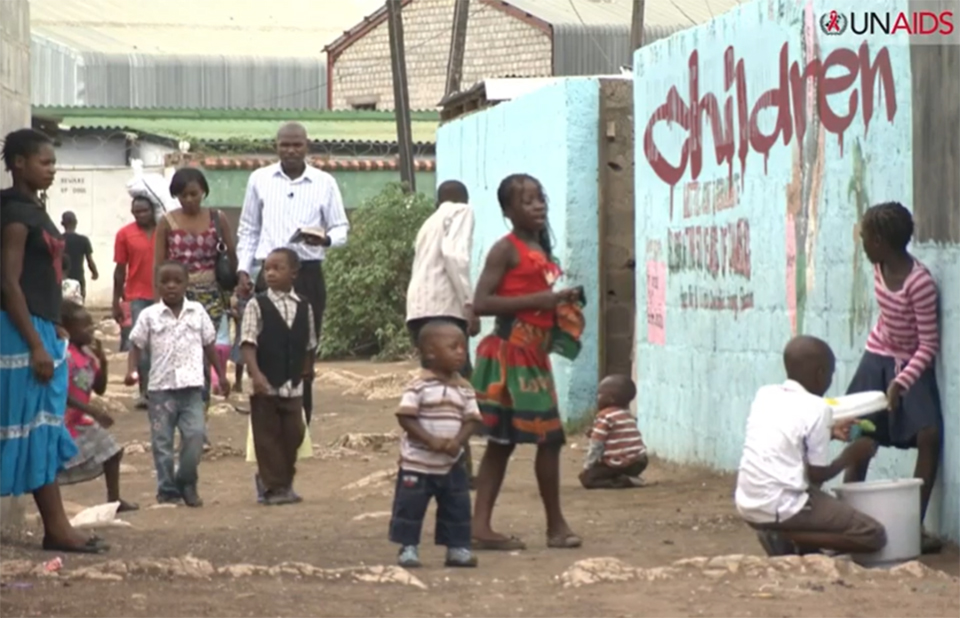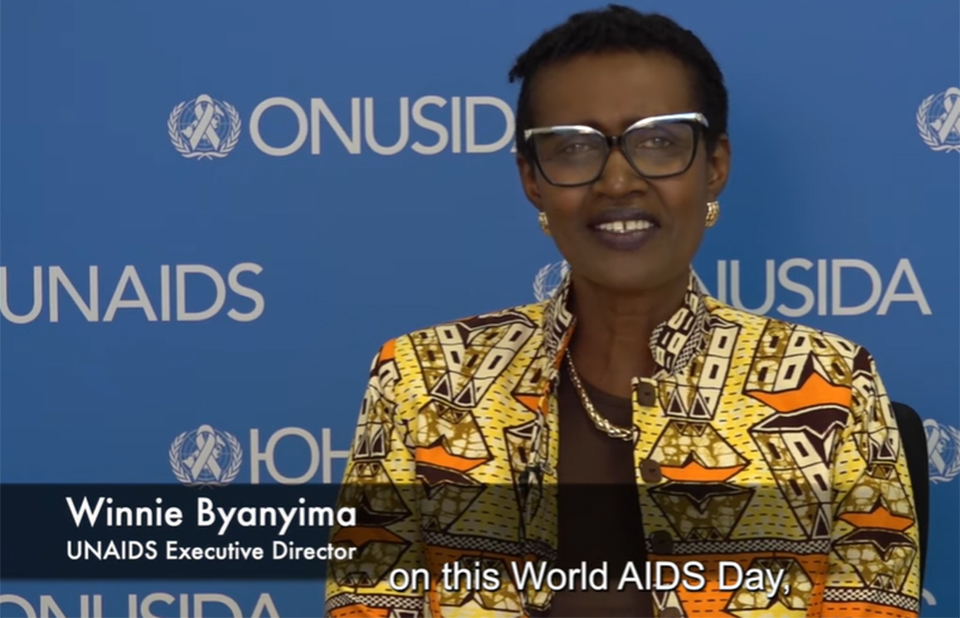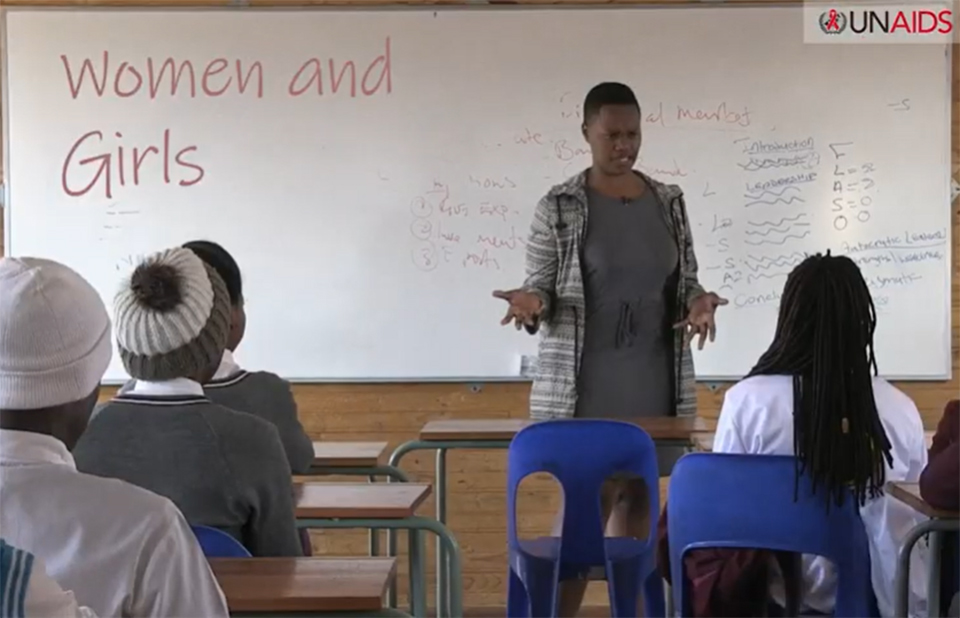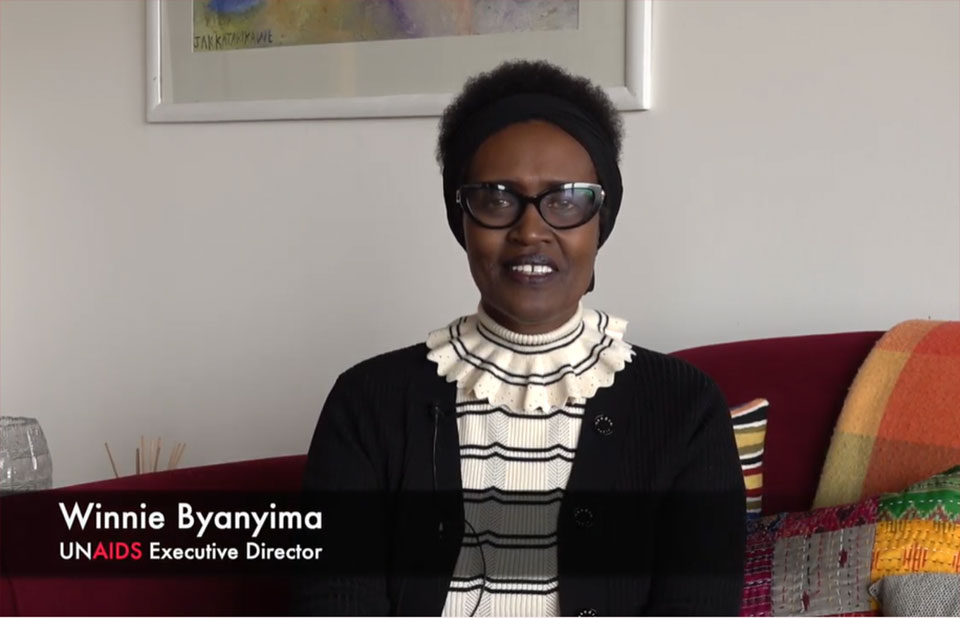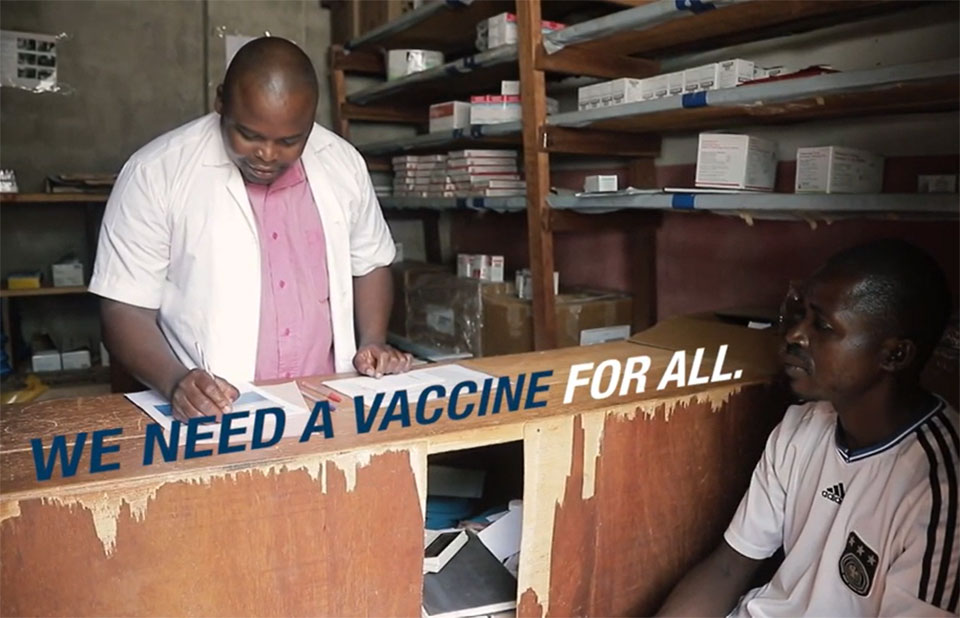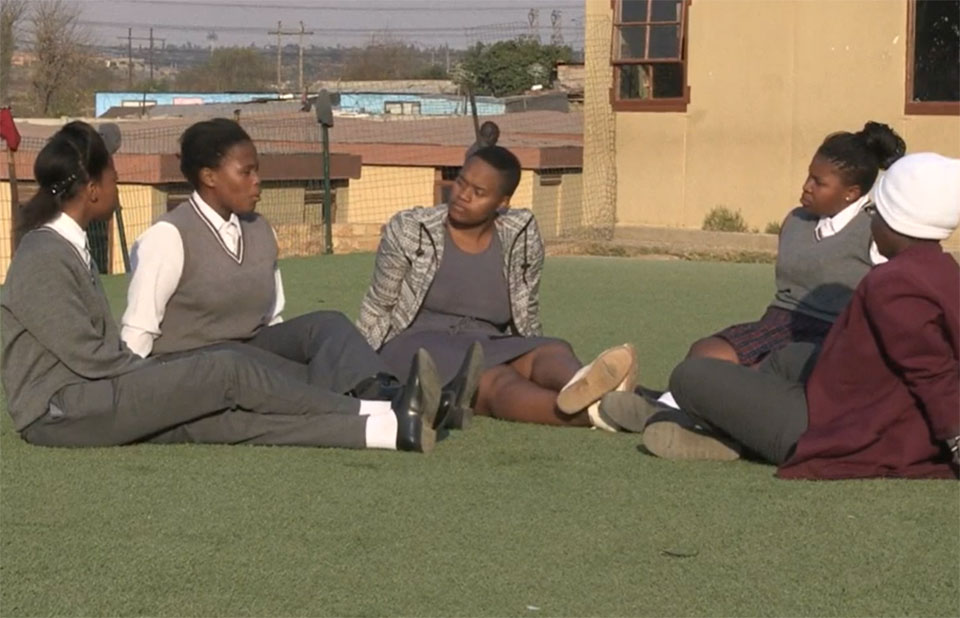International Women's Day Message from Winnie Byanyima
05 March 2021
A People's Vaccine...
18 December 2020
UNAIDS is warning that we're seeing 'vaccine nationalism' that could prevent poor countries from accessing the COVID vaccine. We, along with others, join the call for waiving intellectual property rights for COVID-19 vaccines, tests and treatments until everyone is protected. We must have a #PeoplesVaccine, not a profit vaccine.
Five UN Leaders to Champion Girls Education & Empowerment
06 November 2020
UNAIDS, UN Women, UNICEF, UNESCO and UNFPA have launched an Education plus initiative. When girls stay and finish secondary school, the chance of getting HIV is reduced by 50%. Yes, 50%. And if you add in more interventions on women’s empowerment, you reduce it even further. So this initiative is to persuade governments to invest in secondary education for girls and to support them with more initiatives to make the school space more empowering for them.
A COVID-19 vaccine for all
16 May 2020
As we have seen with HIV, and as we now see with Covid-19, epidemics affect everyone, but they do not affect everyone equally. To fight this virus, we have to fight inequality because pandemics feed on and widen inequalities. There is real fear that if a vaccine is developed, it may not be affordable or available for poor parts of world.That is why we are calling on all governments to unite behind a people’s vaccine to protect all of humanity.
COVID-19 shining a light on painful inequalities like health care
20 April 2020
Winnie Byanyima, UNAIDS Executive Director, says "to fight COVID-19 and win, we must challenge inequalities. That's how we can sustain recovery." She is pressing leaders to act on three important actions, notably protecting and rewarding health workers fairly and ending user fees.
When Will Men Stop Thinking Women's Bodies are their Property?
09 April 2020
Restrictions in movement, social isolation, coupled with increased socio-economic pressures have led to an increase in violence against women and girls since the COVID-19 pandemic broke out. This upsurge is widespread spanning the world. As the United Nations Secretary-General said, “Peace is not just the absence of war. Many women under lockdown for COVID-19 face violence where they should be safest: in their homes.” Before the COVID-19 outbreak, at least one in three women and girls has experienced physical and/or sexual violence. This is one of the most widespread human rights violations in the world. In areas with a high HIV prevalence, intimate partner violence has been found to increase the risk of women acquiring HIV by 50%. Ending violence against women and girls must be a priority everywhere. In this global crisis, let’s take urgent action to end gender-based violence. Now.
How to reach the most vulnerable?
10 April 2019
If people need to hide then they often miss out on health services. REVS PLUS/Coalition PLUS started offering HIV testing by going to sex worker sites in Burkina Faso. They also built trust among the community to tackle another problem. Music courtesy: mobygratis.
Testing a preventive HIV method, PrEP, in Burkina Faso
08 April 2019
100 men are taking part in a PrEP pilot project at the Oasis clinic run by the Association African Solidarité (AAS.) Since 2017, AAS has been participating in the project along with community health clinics based in Ivory Coast, Mali and Togo.
"Know where you stand!"
01 March 2019
"Know where you stand," says Kate Gilmore, UN Deputy High Commissioner on Human Rights, regarding laws that discriminate, regarding the HIV epidemic. "Go from activation of your value set to participation with those who have official representation in parliaments, and onwards to integration, of human based rights approach," she added. UNAIDS urges action to change discriminatory laws in order to restore dignity and respect and save lives.
Victoria Beckham speaking about fear of stigma
01 March 2019
"Fear of stigma and discrimination stop many people accessing the HIV services and support they need, " said Victoria Beckham on the occasion of Zero Discrimination day, 1 March 2019.

